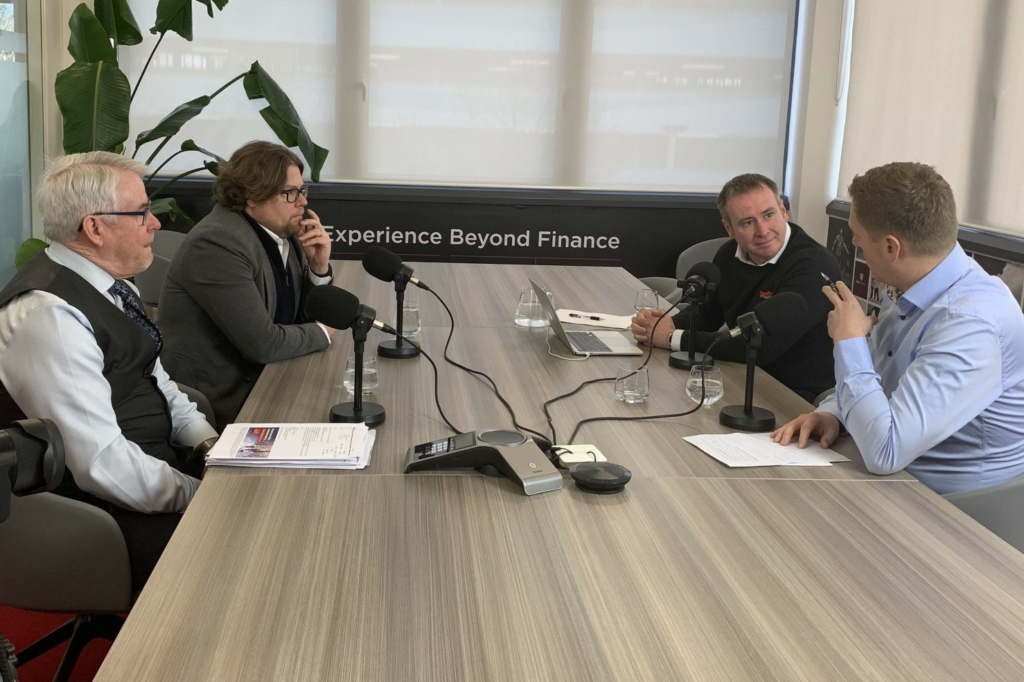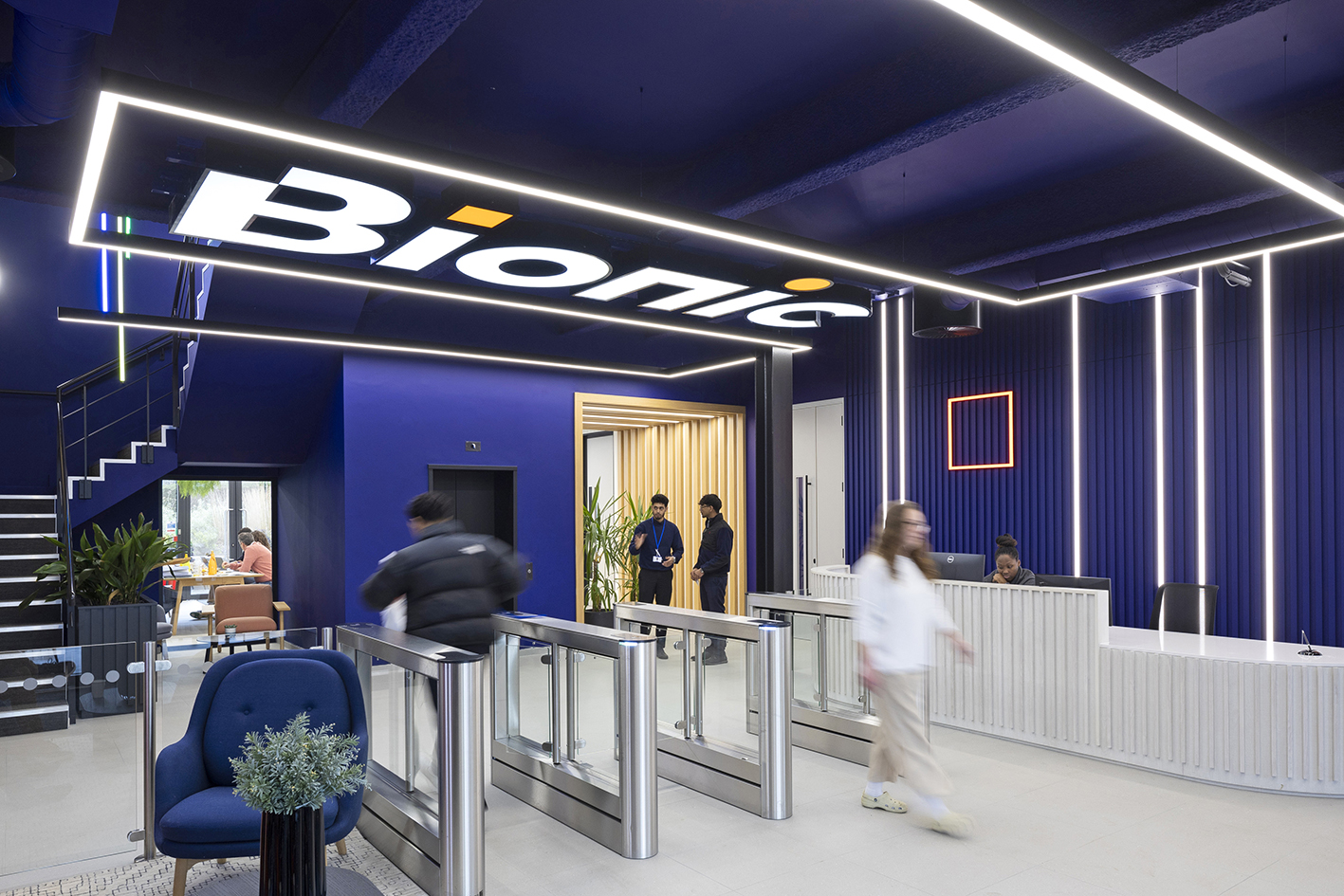Succession planning: how to pass on your business

Saffery Partners Hannah Mazrae in Bournemouth and Andrew Watkinson in High Wycombe discuss the various options available if you’re looking to exit your business.
For family-owned companies, the preferable option could be to pass the company’s shares to the next generation to continue the family’s legacy.
However, sometimes this isn’t practical. For example, adult children may not wish to give up their existing careers to take over the family company, or they don’t have the right experience to take over as the business owner.
Trade Sale
A trade sale of a company refers to the sale of a business to another company in the same industry or a related sector. It typically involves the transfer of ownership and assets, providing the selling company with an exit strategy while allowing the acquiring company to expand its market presence.
The price received on a commercial sale can often be the optimal price. From a tax perspective, the gain on the sale of the shares should be taxed at capital gains tax (CGT) rates.
One area business owners should be wary of with a trade sale is that the company will be in the hands of an unconnected purchaser who may have a different view on the direction of the business.
Management buyouts (MBOs)
A MBO is when the existing management team purchases the business from its current owners. In a MBO, the management team takes control and ownership of the company to run and grow it independently.
From a tax perspective, like a trade sale, a MBO should solidify capital gains that (under current rules) would be taxed at a merged rate of between 10% and 20%.
A MBO could be a good option because the buyers are known, and so the same ethos may be maintained, while warranties and indemnities are also likely to be less restrictive.
However, on the flip side, the agreed price may not be as optimal as a trade sale and the owner is likely to receive less cash upfront upon completion.
Employee Ownership Trust (EOT)
An EOT is an alternative legal structure that is gaining popularity, where a trust holds shares of the business on behalf of its employees.
With an EOT structure, the majority of shares in the company are owned by the EOT for the long-term benefit of the company’s employees.
In EOT sales, a higher proportion of the sale price is often deferred and extends over a longer period compared to trade sales or MBOs.
Tax and EOTs
From a tax perspective, sales to EOTs have attracted a lot of media interest because no CGT will arise on the sale of the shares by the owner to the EOT. However, it’s important that the sale to an EOT should not solely be driven by the beneficial tax treatment.
Making sure the culture of the business is commercially suited to employee ownership should be a more important driver. A key focus for a successful transition to employee ownership will likely include careful consideration of the company’s values, purpose and behaviour of its people.
Employee ownership can bring certain benefits such as strong commitment, improved employment standards and a greater investment in the local community.
Choosing a business exit strategy
If there are no family members wishing to take over the business, trade sales (including private equity) and MBOs are well trodden paths and can work in the right circumstances.
EOTs with the majority of shares being owned collectively for the long-term benefit of the company’s employees as a group also appear to be becoming more popular too. However, in any situation, careful consideration and planning is crucial.

To speak to an expert on your business exit, please contact either:
Hannah Mazrae
Partner
Bournemouth
E: [email protected] T: +44 (0)1202 204 742
Andrew Watkinson
Partner
High Wycombe
E: [email protected] T: +44 (0)1494 464666



















